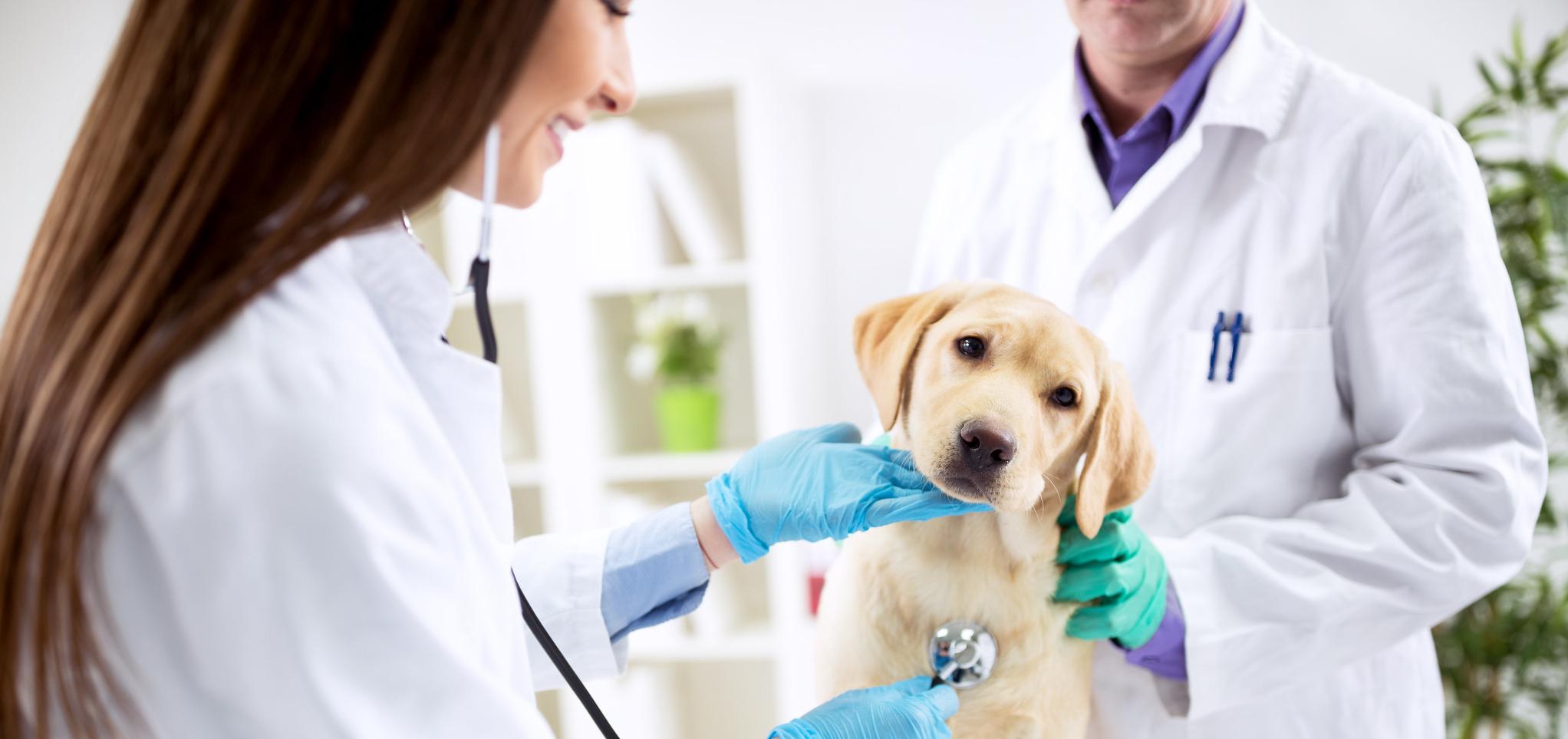
Start Strong. Transfer with Confidence.
Whether they're pets, livestock, or working animals, animals play a vital role in our lives—and communities everywhere rely on veterinary professionals to protect their health. But veterinarians do far more than care for animals in clinics and farms. They also serve critical roles in public health, food safety, research, and disease prevention.
Veterinarians help prevent the spread of diseases like E. coli and salmonella in food animals, work on the front lines of zoonotic disease surveillance, and contribute to policies that safeguard both human and animal populations. Many are employed in government agencies such as the USDA’s Food Safety and Inspection Service, where they help protect the nation’s food supply and respond to emerging health threats.
If you're passionate about animal health, science, and making a broader impact on society, a career in veterinary medicine may be the perfect path for you. Barton’s Liberal Studies Program in Pre-Professional Veterinary Medicine is designed to give you a strong foundation in biology, chemistry, and general education—preparing you to transfer to a four-year university and eventually apply to a Doctor of Veterinary Medicine (D.V.M.) program.
Barton Benefits
At Barton, our areas of study are designed to equip students with the knowledge, skills, and critical thinking necessary to thrive in today’s world. Whether you're just beginning your educational journey or advancing your career, we offer flexible and rigorous programs that support your goals.
- Complete general education requirements for transfer to a bachelor's degree program
- Flexible course delivery – study online or on campus
- Many courses use Open Educational Resources (OER), reducing or eliminating textbook costs
- Job Growth: 16% through 2033 — much faster than the national average
- Salary Range: $60K–$120K+, depending on specialty and location
- Education Path: Doctor of Veterinary Medicine (D.V.M.) required; Barton’s A.S. degree provides a strong start toward transfer
- Career Settings: Private clinics, farms, research labs, government agencies, and public health organizations
Veterinarians are vital to both animal and human health. Beyond treating pets and livestock, many work in fields like:
- Food safety and public health
- Disease prevention and epidemiology
- Veterinary research and diagnostics
- Government and regulatory services (e.g., USDA, CDC)
- Environmental and wildlife conservation
Veterinary medicine offers a rewarding, science-based career with strong job security, meaningful impact, and a wide variety of professional paths.
Your Next Step
After completing the Pre-Professional Veterinary Medicine track at Barton, you’ll be well-prepared to transfer to a four-year college or university to continue your education and apply to Veterinary Medicine programs.
Our curriculum includes essential coursework in:
- English Composition
- Communications
- Humanities
- Mathematics
Veterinary Medicine is a great choice if you're passionate about design, problem-solving, and shaping the built environment to improve how people live, work, and connect.
Associate in Science
Veterinary Medicine
View the full list of Curriculum Guides (applicable for students admitted prior to Fall 2024) and Degree Maps (applicable for students admitted Fall 2024 and after).
Check out the Course Search for a full listing of courses available.
Visit the What Can I Do with My Major? webpage to find helpful resources on career paths, employers and more!

